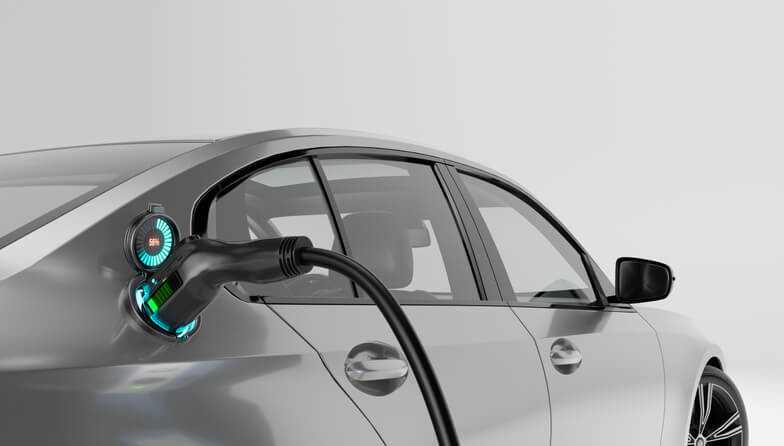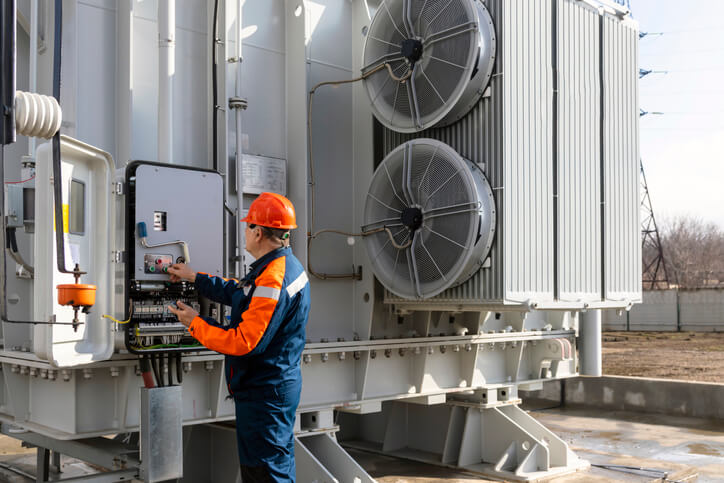Want to Become a Hybrid and Electric Vehicle Mechanic? Explore Canada’s Readiness For The Inevitable EV Boom
Canada has been making significant strides toward electrification in recent years. The federal and provincial governments have implemented various incentives and initiatives to promote the adoption of EVs, such as rebates for purchasing electric vehicles and installing charging infrastructure across the country. Consequently, the number of EVs on Canadian roads has been steadily increasing, and it’s expected to grow exponentially in the coming years.
In the midst of the expectations, Canada’s ambitious drive raises quite a few questions, such as how the country expects to support all the EVs that may soon be plying its roads.
Determining whether Canada’s infrastructure is prepared for the electric vehicle boom is a complex issue, with various factors to consider, according to experts in the automotive and green energy industries.
For the benefit of budding hybrid and electric vehicle mechanics, this blog post will examine some of these factors and highlight the progress in addressing them.
Charging Infrastructure Expansion
Students in automotive school know that the availability of adequate and efficient charging infrastructure can be used as a good litmus test of Canada’s readiness for the EV boom. And while Canada has made considerable progress in establishing public charging stations, there is still a gap between the existing network and the projected demand.

The challenge lies in rapidly scaling up the charging infrastructure to cater to the needs of EV owners across the country. The Government of Canada reports that the current number of publicly available charging stations in the country exceeds 20,000, while the priority remains to upgrade this number. Expanding the network in urban centers, residential areas, and along highways is vital to ensure convenient access to charging facilities for all Canadians, both now and in the future.
Electric Grids Optimization
As the number of electric vehicles (EVs) on Canadian roads continues to rise, it is evident that the current infrastructure for home charging may not be sufficient. An extensive overhaul of Canada’s electrical grid infrastructure will be necessary to accommodate the increased demand for electricity.
This study conducted by the Canadian Climate Institute highlights the strain that the shift from fossil fuels to clean energy will put on the electrical grid. This strain becomes particularly pronounced during peak hours, typically between 5 pm and 9 pm, when most people return home from work and begin using various electrical appliances. It is also during this time that EV owners commonly plug in their vehicles to charge overnight.

Implementing strategic measures, such as grid optimization, load management systems, and time-of-use pricing, can help Canada better balance the electricity demand during peak hours. These measures can alleviate strain on the grid and ensure a smooth transition to an electric future. Furthermore, advancements in smart charging technology can play a crucial role in optimizing EV charging patterns. By enabling vehicle-to-grid (V2G) capabilities, EVs can act as energy storage units, allowing excess electricity to be fed back into the grid during peak hours when demand is high. This two-way flow of electricity helps mitigate strain on the grid and ensures efficient utilization of available resources.
The Availability of EVs
The insufficient availability of electric vehicles for sale remains a prominent issue in today’s electric vehicle infrastructure landscape. Available data suggests that Canadian consumers are eager to purchase EVs. However, the challenge lies in the limited availability of EVs in the market. This scarcity underscores the need for expanding EV infrastructure while ensuring its reliability.
Thankfully, prospects in this area are looking promising. The upcoming Volkswagen “gigafactory” in St. Thomas, Ontario, dedicated to manufacturing electric vehicle (EV) batteries, is set to commence production in 2027. Notably, in close proximity to the Volkswagen factory, a General Motors (GM) plant in Ingersoll, Ontario, has undergone conversion to become Canada’s first full-scale EV manufacturer. By the year 2025, this plant aims to produce approximately 50,000 electric vehicles annually, which is something those in hybrid and electrical mechanic training can look forward to.
Interested in the exciting future of a hybrid and electrical mechanic?
Contact ATC Montreal for more information now.


